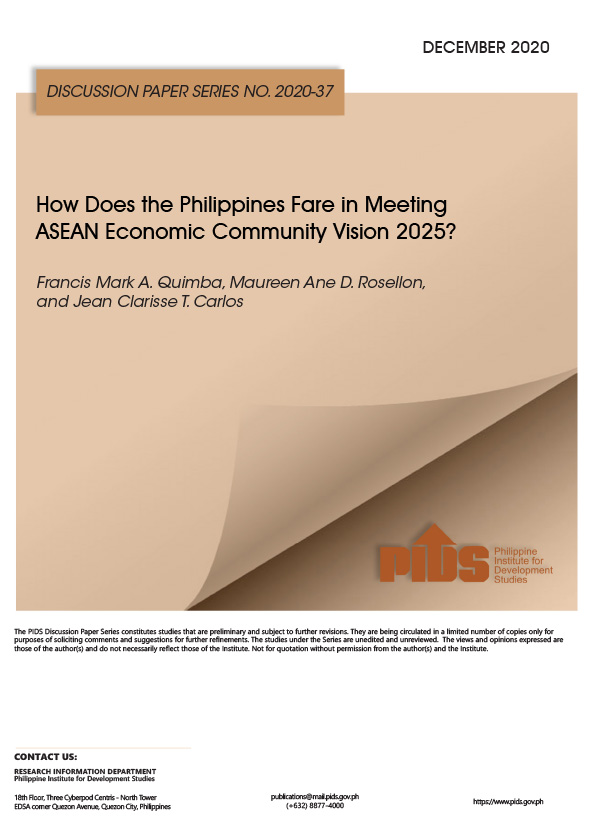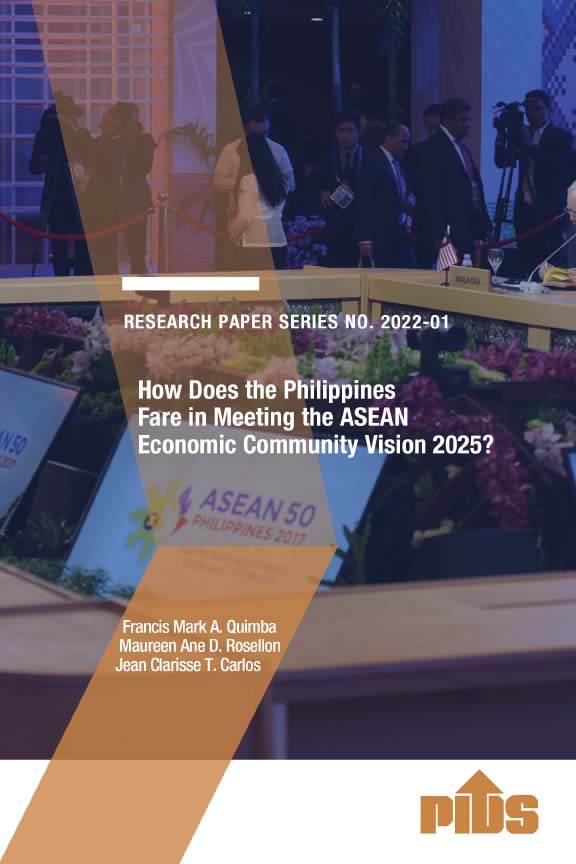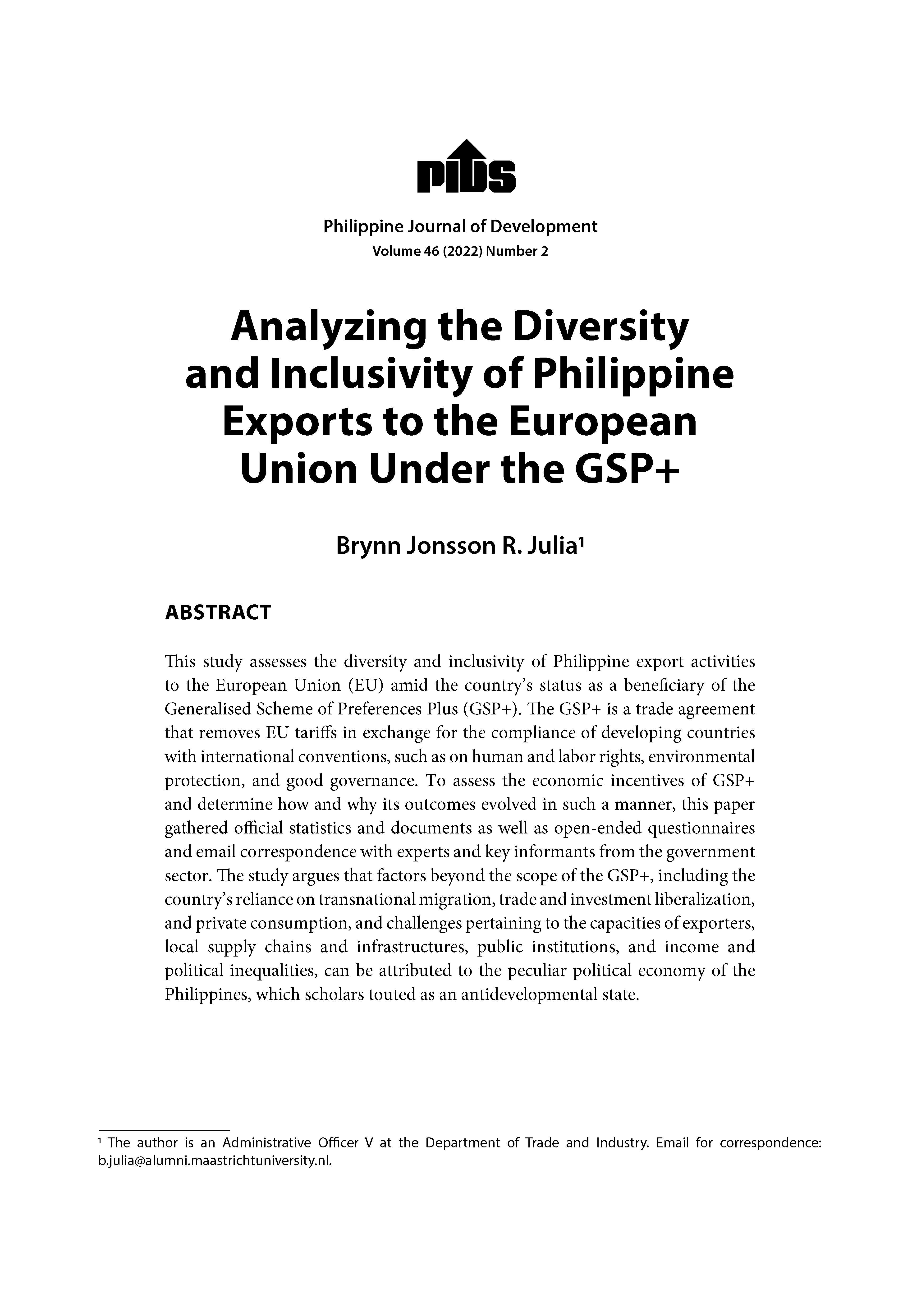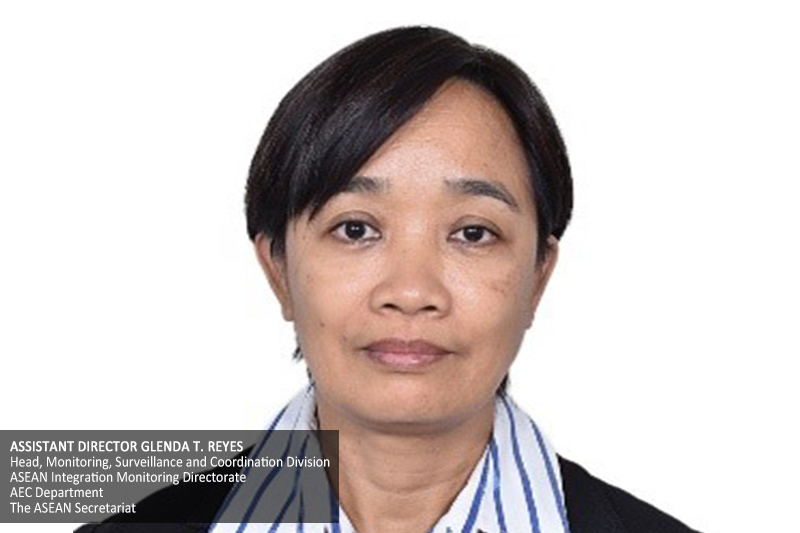While there were significant progress in several sectors, the Philippines needs to work more to achieve full compliance to its commitments to the Asean Economic Community (AEC) 2015, specifically the implementation of the National Single Window (NSW) meant to facilitate trade transactions.
A study published by the Philippine Institute for Development Studies (PIDS) emailed to select entities, including The Daily Tribune, said the Philippines has committed itself to current compliance and status of implementation of key AEC measures.
The PIDS study concluded that the Philippines made some significant progress in complying with its commitments particularly related to trade facilitation.
"Note though that whilst some systems are already in place, the full automation of customs and related processes has yet to be achieved,” the PIDS findings said.
On customs modernization, the paper identified remaining gaps in the implementation of inspection management, customs bonded warehouse management, post-clearance audit, Authorized Economic Operator management and raw materials liquidation system.
The paper stressed that the full implementation of these features, whether it be through the electronic to mobile (e2m) system or a different system, is necessary to attain full automation and integration to the NSW.
"Political will and strong leadership, and commitment by legislators and the bureaucracy are crucial if the Philippines is to attain its commitments to key measures under an integrated AEC, particularly in services liberalization and trade facilitation- specifically NSW implementation, where the Philippines somewhat lags behind other countries,” it noted.
The Philippine NSW, a trade facilitation project, is an internet-based application that allows parties involved in trade to lodge information and documents with a single entry point to fulfill all import, export and transit-related regulatory requirements.
The system is developed in line with recognized international standards to enable interoperability and seamless integration with other countries’ National Single Windows and the Asean’s Single Window.
Under the services sector, the paper also cited major issues relating to the constitutional limitations and the need for other legislations and infrastructure to support the liberalization of the sector.
It pointed out that the prospect of amending the economic provisions of the Constitution has not generated enough traction among the population and some stakeholders.
"The immediate course of action is to focus on what the executive branch of the government can do; this would require working with legislators in the crafting or amending of pertinent laws on the services sector,” it added.//
Related Posts
Publications
Press Releases
Video Highlights
[No related items]
Infographics
[No related items]






